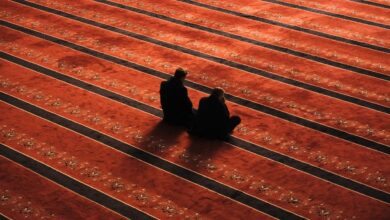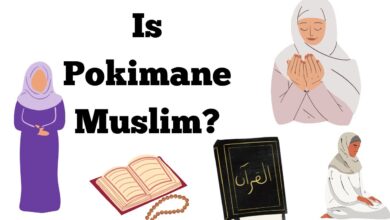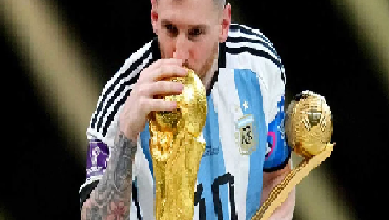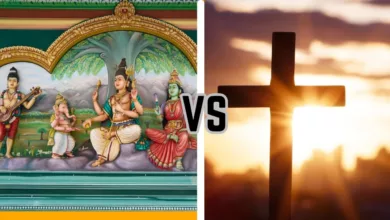Are Catholics Christians? | Dispelling Misconceptions | 2023
Exploring the Common Ground Between Catholicism and Christianity
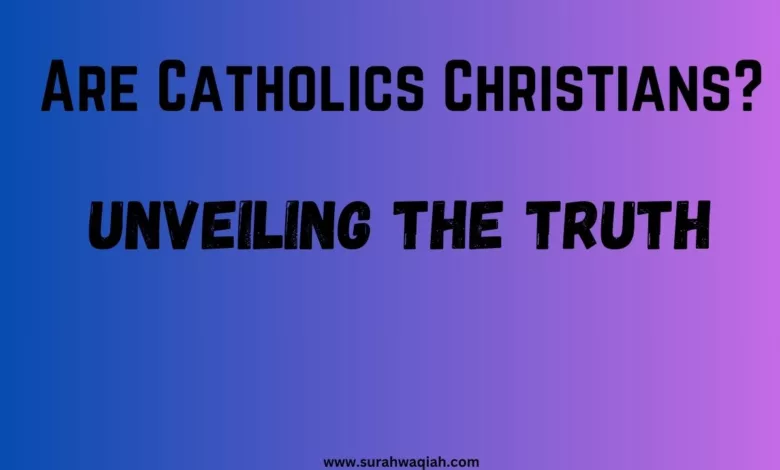
Are Catholics Christians?
Yes, Catholics are Christians. Catholicism is one of the largest branches of Christianity, and its followers are known as Catholics.
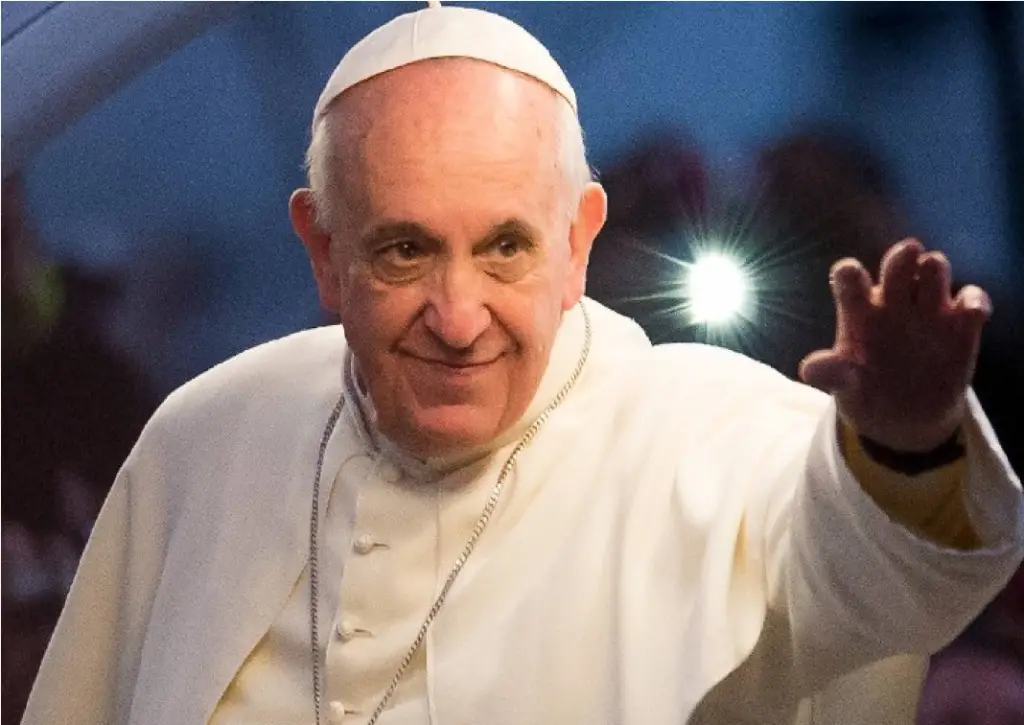
- What are the Islamic marriage laws regarding the requirements?
- Most Powerful Surahs in Quran
- Jobs in Islam | Work and Employment | 2023
- What is the Role of a Prophet?
Introduction
The question of whether Catholics are Christians is one that has sparked debate and discussion for centuries. While it may seem like a straightforward question, the answer is more nuanced than it appears. In this article, we will explore the relationship between Catholicism and Christianity, examining their similarities, differences, and the historical context that has shaped their intertwined identities.
Understanding Christianity
To begin, it is essential to understand the broader term “Christianity.” Christianity is a monotheistic Abrahamic religion that centers around the life, teachings, death, and resurrection of Jesus Christ. It is one of the world’s major religions, with over two billion adherents globally. Christianity encompasses a wide spectrum of beliefs, practices, and denominations, each interpreting and expressing their faith in various ways.
Are Catholics Christians?
Yes, Catholics are Christians. Catholicism is one of the largest branches of Christianity, and its followers are known as Catholics.
What is the difference between Catholics and other Christians?1
The primary difference lies in religious practices, doctrines, and traditions. While all Christians believe in the divinity of Jesus Christ, Catholics have unique beliefs such as the authority of the Pope, the use of sacraments, and devotion to Mary and the saints.
Do Catholics believe in the Bible?
Yes, Catholics believe in the Bible as the inspired word of God. They use a version of the Bible that includes additional books called the Deuterocanonical books, which are not found in Protestant Bibles.
What is the role of the Pope in Catholicism?
The Pope is considered the spiritual leader and the Bishop of Rome in the Catholic Church. Catholics believe that he is the successor of Saint Peter and has authority over the entire Catholic Church.
Do Catholics worship Mary and the saints?
No, Catholics do not worship Mary or the saints. They venerate, or honor, them as important figures in Christian history and as intercessors who can pray to God on their behalf.
Catholicism: A Denomination of Christianity
Catholicism is one of the largest and most prominent Christian denominations. It is a branch of Christianity that traces its roots back to the earliest days of the Christian church. The term “Catholic” itself means “universal,” reflecting the Catholic Church’s claim to be the universal church established by Jesus Christ. As such, Catholics are unequivocally Christians.
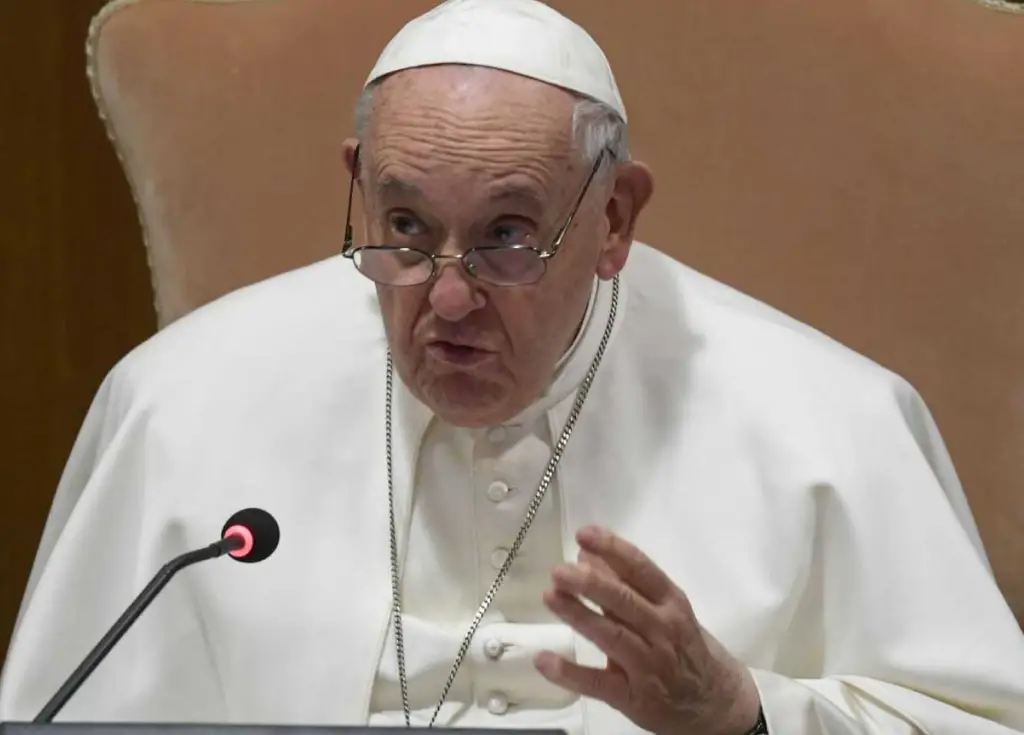
Similarities Between Catholics and Other Christians
- Belief in the Holy Trinity: Both Catholics and other Christians believe in the Holy Trinity, which consists of God the Father, God the Son (Jesus Christ), and God the Holy Spirit.
- The Bible: Catholics and other Christians share a common holy scripture, the Bible, which includes the Old Testament and the New Testament.
- Jesus Christ: The central figure of Christianity, Jesus Christ, is equally revered by Catholics and other Christian denominations. Both believe in his divinity, teachings, crucifixion, and resurrection.
- Sacraments: While the number and specifics of sacraments may vary among Christian denominations, the concept of sacraments as sacred rituals that convey divine grace is present in both Catholicism and other Christian traditions.
Differences Between Catholics and Other Christians
- Church Hierarchy: One significant difference between Catholics and some other Christian denominations lies in their ecclesiastical structure. Catholics have a hierarchical system led by the Pope in Rome, while many other Christians have a more decentralized leadership model.
- The Eucharist: The Catholic Church places a strong emphasis on the doctrine of transubstantiation, which teaches that during the Eucharist (Holy Communion), the bread and wine become the actual body and blood of Jesus Christ. This belief is not shared by all other Christian denominations.
- Saints and Mary: Catholicism has a strong tradition of venerating saints and the Virgin Mary. While some other Christian traditions may honor saints and Mary to varying degrees, these practices are more prominent in Catholicism.
- Rituals and Traditions: Catholicism has a rich tradition of rituals and liturgical practices, including the Mass, the Rosary, and the use of holy water and incense. These traditions may differ significantly from those of other Christian denominations.
Historical Context
To understand the relationship between Catholics and other Christians, it’s essential to consider the historical context. Christianity has experienced numerous schisms and divisions throughout its history. The Great Schism of 1054 resulted in the split between the Roman Catholic Church and the Eastern Orthodox Church, with each following its distinct traditions and leadership.
The Protestant Reformation of the 16th century further fragmented Christianity, giving rise to numerous Protestant denominations that have their unique beliefs and practices. These historical divisions have contributed to the diversity within the Christian faith.
Conclusion
In conclusion, Catholics are undeniably Christians. They are a significant denomination within the broader Christian tradition, sharing core beliefs such as the belief in the Holy Trinity and the divinity of Jesus Christ. However, it is essential to recognize that Christianity encompasses a wide array of beliefs, practices, and denominations, and Catholics are just one part of this diverse tapestry. While there are differences between Catholicism and other Christian traditions, there is also a shared foundation of faith that unites them as followers of Jesus Christ. Understanding and respecting these differences is crucial for fostering dialogue and unity among Christians worldwide.
What are the sacraments in Catholicism?
Sacraments are sacred rituals in Catholicism that convey God’s grace. There are seven sacraments: Baptism, Confirmation, Eucharist (Communion), Reconciliation (Confession), Anointing of the Sick, Holy Orders (ordination of priests), and Matrimony (marriage).
Who is the head of the Catholic Church?
The Pope, currently Pope Francis (as of my knowledge cutoff date in September 2021), is considered the spiritual leader and head of the Roman Catholic Church.
Can Catholics attend other Christian churches?
Catholics can attend other Christian churches and participate in their services, but there are differences in beliefs and practices. While it is generally accepted for Catholics to attend other Christian denominations’ services, there may be restrictions on taking communion in non-Catholic churches.
Are there different branches of Catholicism?
Yes, there are various branches or rites within Catholicism, such as the Latin Rite, Eastern Rites, and others. These branches have some differences in liturgical practices and traditions but share core Catholic beliefs.
Do Catholics consider themselves Christians first?
Yes, Catholics typically consider themselves Christians first, as Catholicism is a Christian denomination. They follow the teachings of Jesus Christ and adhere to core Christian beliefs.
